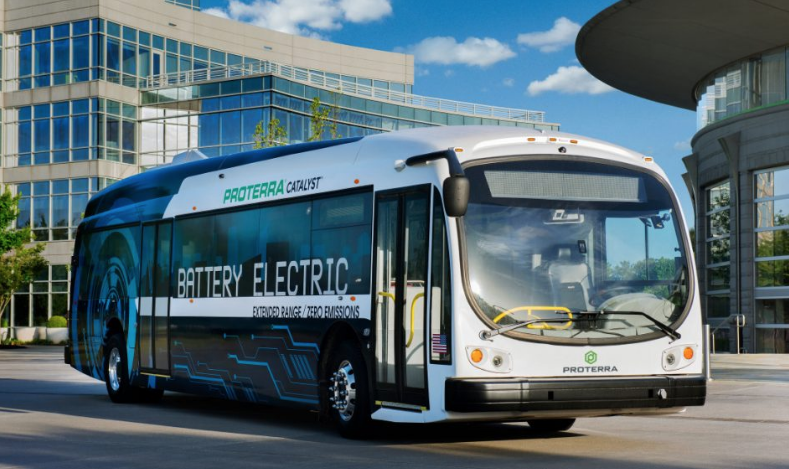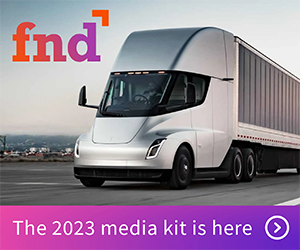Proterra Tapped for Electric Bus Contract by Georgia
Proterra, a leading provider in heavy-duty electric transportation, announced that it has been selected by the Georgia Department of Administrative Services as a vendor to supply zero-emission battery-electric buses and charging stations for its Statewide Contract for Public Mass Transit & Transportation.
The state of Georgia has over 1,182 buses in operation servicing customers with nearly 150 million trips per year, who stand to benefit from the economic and environmental benefits of zero-emission bus technology.
Proterra, along with other manufacturers, was chosen by the State of Georgia for a “pool of providers” to dramatically streamline local transit agencies’ access to the vendor and vehicle that best meets their specific transit system’s needs. As a result, transit agencies can now purchase Proterra® zero-emission buses and charging stations through the state’s pre-established contract. The deal represents Proterra’s growing foothold across the southeast, and comes after Proterra has already signed contracts with transit agencies in similar climates including Alabama, Florida, South Carolina, North Carolina and Tennessee.
Proterra’s configurable EV platform, battery and charging options make its buses well suited for a wide range of transit and campus routes. Designed for efficiency and manufactured for durability, the Proterra Catalyst E2 series achieves 22 MPGe, while conventional diesel buses average 3.86 MPG. And unlike the industry’s widely-used steel bus frames, Proterra’s lightweight carbon-fiber-reinforced composite bus body maximizes vehicle life, while minimizing repairs and maintenance.
Powering up a Catalyst bus is as simple as connecting to a Proterra charger or other standards-based charging system, because Proterra has a suite of high power DC fast chargers that comply with the EV industry’s technology standards, including J1772 CCS, J3105 and OCPP 1.6. Proterra’s charging systems are also capable of bi-directional, vehicle-to-grid power flow (V2G) to maximize energy management capabilities and enable transit agencies to more easily achieve 100 percent electric bus fleets.
Category: General Update, Green, News










